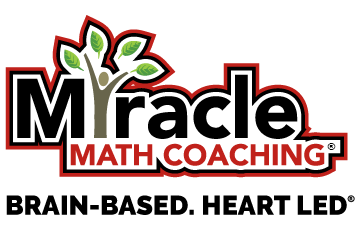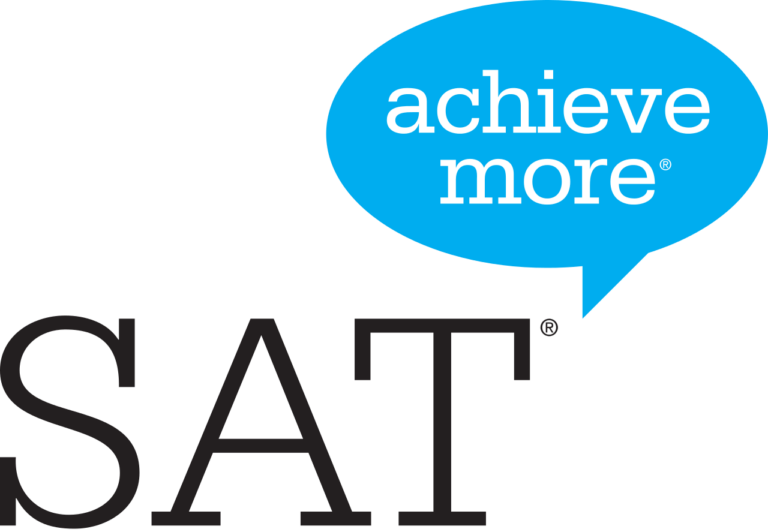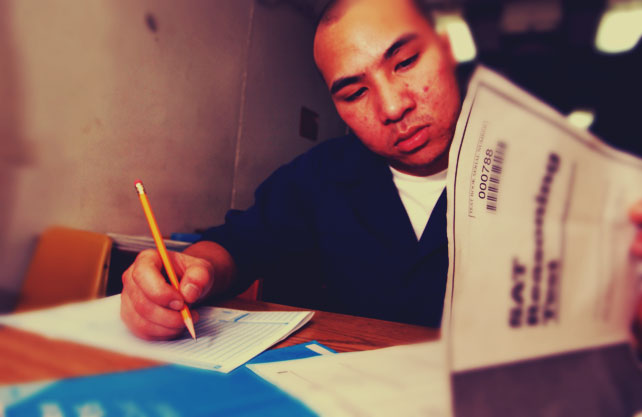6 Tips For Preparing For A Test While Distance Learning
Finals season often brings unique stresses for both students and parents alike. This year, students will be taking their final exams online, often for the first time. Online learning and testing, removed from the support and structure of their school and peers, can heighten the challenges students face while studying. Encouraging your child to develop strong study skills is crucial to their testing success.
Use these 6 online test taking strategies to make sure you’re prepared to coach your child through finals season now that they’re distance learning.
6 Online Test Taking Strategies For Distance Learning
#1: Help Them Manage Their Test Anxiety
The Challenge This Addresses: “I’m too nervous.”
Test anxiety challenges many students. It’s a major event in their academic years, and they are under a lot of pressure from both themselves and the people around them. Test anxiety goes beyond a case of nervousness and can be identified by an intense fear of tests and an immense degree of worry. Fortunately, there are several key steps you can take to help your child overcome test anxiety:
- Be compassionate and understanding when discussing their worries and the results of their exams.
- Encourage them to take regular study breaks and emphasize the importance of their physical and mental health.
- Emphasize balance. Finals are very important, it’s true, but the best way for students to approach an important test is to focus on doing their personal best, not pressure themselves to be perfect.
#2: Space Out Your Study Sessions
The Challenge This Addresses: “It’s too hard!”
Many lessons are structured the same way. First, the teacher or parent goes over what the child needs to know. Then the child practices what they learned. Then, they move on to the next lesson. However, this can create a problem with retention of information.
It’s easy to remember something when you practice immediately after learning it. However, when you learn something and then revisit it a day, or a week, later, it can be much harder to remember. This can make final exams that cover topics students covered months ago challenging.
Spacing out your study sessions, called interleaved practice, can help overcome this by improving retention of information. To do this, gradually increase the gaps in time between when you go over a subject with your child and when they are asked to practice it.
#3: Use Good Time Management
The Challenge This Addresses: “I have to cram for this test!”
Many students are tempted to procrastinate on studying as long as possible, until they’re left cramming for hours the night before. Neuroscience shows that this is not effective. Your brain learns best when you are able to study for 20-30 minutes at a time, spaced out by 10 minute breaks.
By helping them improve their time management skills, you can enable them to study optimally. Make sure they schedule their study time out well in advance of the test, and when it is time to study, minimize distractions like phone use, and television.
#4: Encourage Healthy Habits
The Challenge This Addresses: “I can’t focus.”
Encouraging a healthy lifestyle is critical in preparing for a test. It can be easy to fall into unhealthy habits, especially when you are studying and working from home day after day. Work with your child to maintain the healthy habits that foster a healthy brain. This includes:
- Getting enough sleep
- Eating brain friendly foods that are high in fiber and carbohydrates, like yogurt, oatmeal, fruit, and almonds
- Taking time to get outside and exercise
#5: Embrace Brain Based Learning
The Challenge This Addresses: “I don’t get it.”
Brain based learning is a neuroscience-backed theory that helps tailor teaching strategies to the way your child learns. This helps keep them more engaged with what they’re learning and retain information better. In fact, a brain based approach is a core aspect of Miracle Math’s approach to tutoring!
You can start using brain based learning to help your child prepare for finals by encouraging them to study using all five senses. This could include watching videos, listening to recordings, and seeking out hands-on tactile experience with the subject.
If you’re looking to go into more depth with brain based learning for your child, reach out to Miracle Math’s coaching team for support!
#6: Take Practice Tests
The Challenge This Addresses: “I’m not ready.”
Taking practice tests can help your student feel more prepared for the actual final exam. Practice tests are a great way to exercise their test taking skills, identify areas of potential improvement, and help build up their confidence. Miracle Math’s online learning labs are an excellent supplement to your distance learning curriculum, providing students with practice test opportunities and personal coaching.
Online final exams don’t have to be overwhelming. Set them up for success by incorporating these neuroscience-backed strategies into their distance learning routine. To help you prepare for finals and foster better study skills, Miracle Math Coaching is offering a FREE first lesson in test prep. Sign up today







